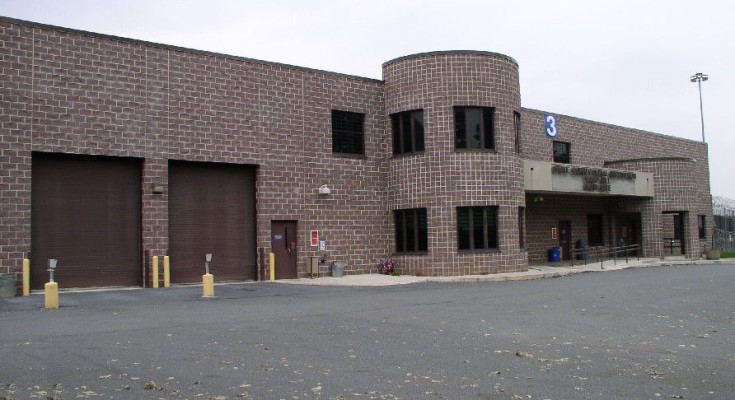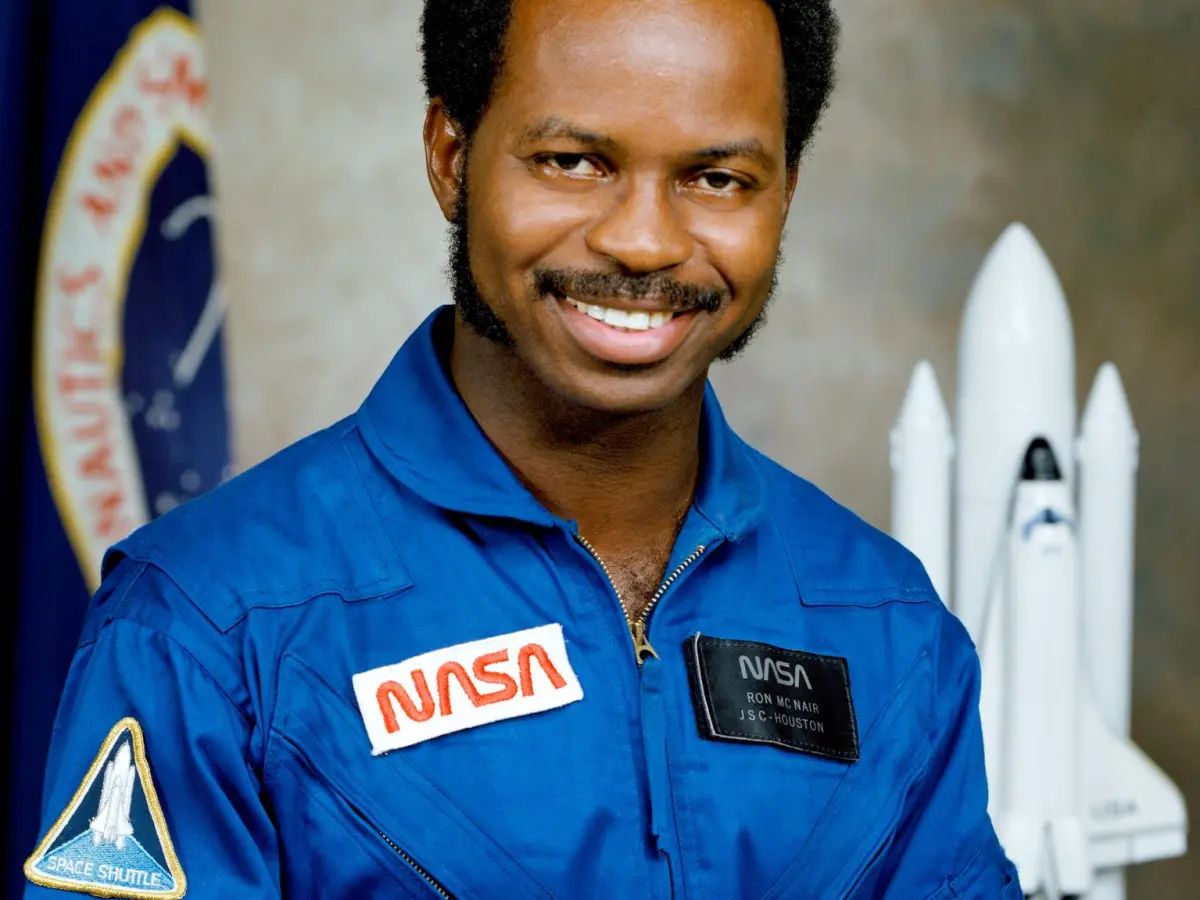
NASA and the Department of War have initiated a significant collaboration aimed at advancing the capabilities of autonomous drones for long-distance cargo transport. This partnership, which began in early 2023, seeks to push the boundaries of drone technology, enhancing both military and civilian logistics.
The focus of this joint effort is to develop drones capable of operating over extensive distances while maintaining high levels of safety and efficiency. These advancements are expected to revolutionize the logistics industry, providing new solutions for transporting goods in both remote areas and urban environments.
NASA has a long history of innovation in aerospace technology, and this partnership with the Department of War marks a strategic expansion into the realm of drone operations. The collaboration is particularly relevant as global supply chains face increasing pressures from demand fluctuations and logistical challenges.
Enhancing Autonomous Capabilities
Key objectives of the initiative include improving the autonomous navigation systems of drones, enabling them to operate without constant human oversight. Furthermore, the partnership aims to integrate advanced artificial intelligence to enhance decision-making processes during flights. This will include real-time data analysis and obstacle avoidance, critical for safe operation in complex environments.
According to NASA, the first phase of testing is set to take place in California, where various prototypes will be evaluated under different operational conditions. The outcomes of these tests will inform future designs and operational protocols. The collaboration highlights the importance of innovation in addressing contemporary logistic challenges, particularly in defense and emergency response scenarios.
Broader Implications for Logistics and Defense
The implications of this partnership extend beyond military applications. As drones become more capable, industries such as agriculture, healthcare, and e-commerce may benefit significantly from enhanced delivery systems. For instance, in rural areas where traditional transport options are limited, drones could provide essential supplies quickly and efficiently.
The partnership also addresses the increasing demand for sustainable logistics solutions. Autonomous drones have the potential to reduce carbon footprints compared to conventional delivery methods, aligning with global efforts to combat climate change.
Both NASA and the Department of War are committed to ensuring that these advancements are implemented safely and ethically. As the collaboration progresses, stakeholders from various sectors will be closely monitoring developments, anticipating how these innovations might reshape the landscape of logistics and defense operations.
In summary, the ongoing partnership between NASA and the Department of War represents a pivotal step towards the future of autonomous drone technology. By focusing on long-distance cargo capabilities, this initiative aims to meet the demands of modern logistics while enhancing safety and efficiency across multiple sectors.







